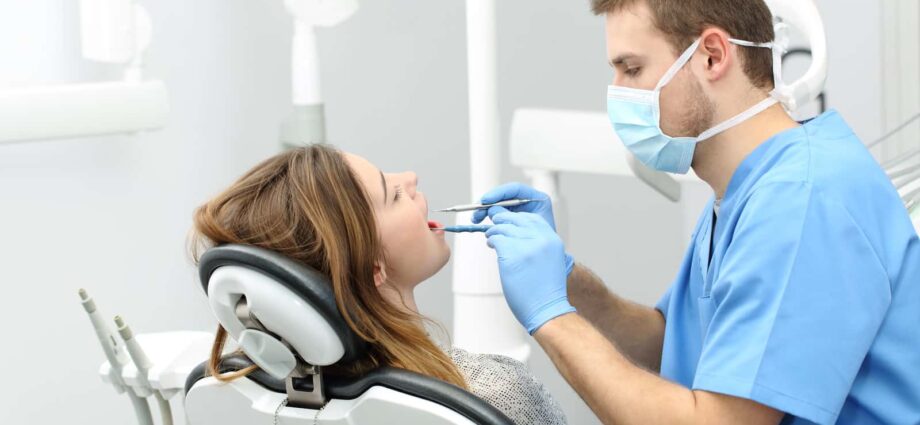Maintaining healthy teeth and gums is crucial for overall oral care. While regular brushing and a teeth-friendly diet are important, they may not always be sufficient, especially for children who may require additional dental care. Regular visits to the dentist are essential for both children and adults to ensure oral and dental wellness.
But when should you take your child to the dentist for the first time, and how can you prepare for that initial visit? The dentist in Wilmington, DE, and their team emphasize the significance of early dental care for children and aim to educate parents on its importance in improving their children’s oral health.
At What Age Should a Kid First Visit the Dentist?
Your child’s inaugural dental appointment should occur shortly after their first tooth emerges, typically around 6 to 9 months of age but no later than their first birthday. As soon as your child begins to develop their milk teeth, they become susceptible to cavities. Therefore, it’s crucial to take proactive steps to safeguard your child’s dental health, ensuring a radiant smile and overall well-being.
What Are The Benefits of Taking Kids to Dentist When They Are Young?
Here are a few key benefits of taking kids to the dentist when they are young:
- Prevent dental issues
- Foster positive oral care habits
- Familiarize the kids with dentists and the dental environment
- Provide a healthy and beautiful smile
- Cater to the needs of oral issues to pave the way for stronger and healthier permanent teeth
- Offer a calm and relaxing environment to prevent dental anxiety and fear
- Prevent the need for extensive and painful dental procedures if the health of the teeth is taken care of from a young age
What Happens at a First Dental Appointment?
During your child’s initial dental appointment, several important topics are typically addressed:
- The dentist educates parents on proper brushing techniques, empowering them to teach their children effectively.
- Guidance is provided on maintaining good oral hygiene practices, including the frequency of brushing, rinsing, and other care routines.
- Parents have the opportunity to inquire about the implications of pacifier use on their child’s dental health.
- Dietary counseling is offered to help parents grasp the consequences of excessive snacking between meals and the consumption of sugary products and beverages.
It’s crucial to schedule your child’s first dental visit as soon as their first tooth appears. This early introduction to dental care helps instill good oral hygiene habits and lays a solid foundation for the health and strength of their permanent teeth as they grow.

